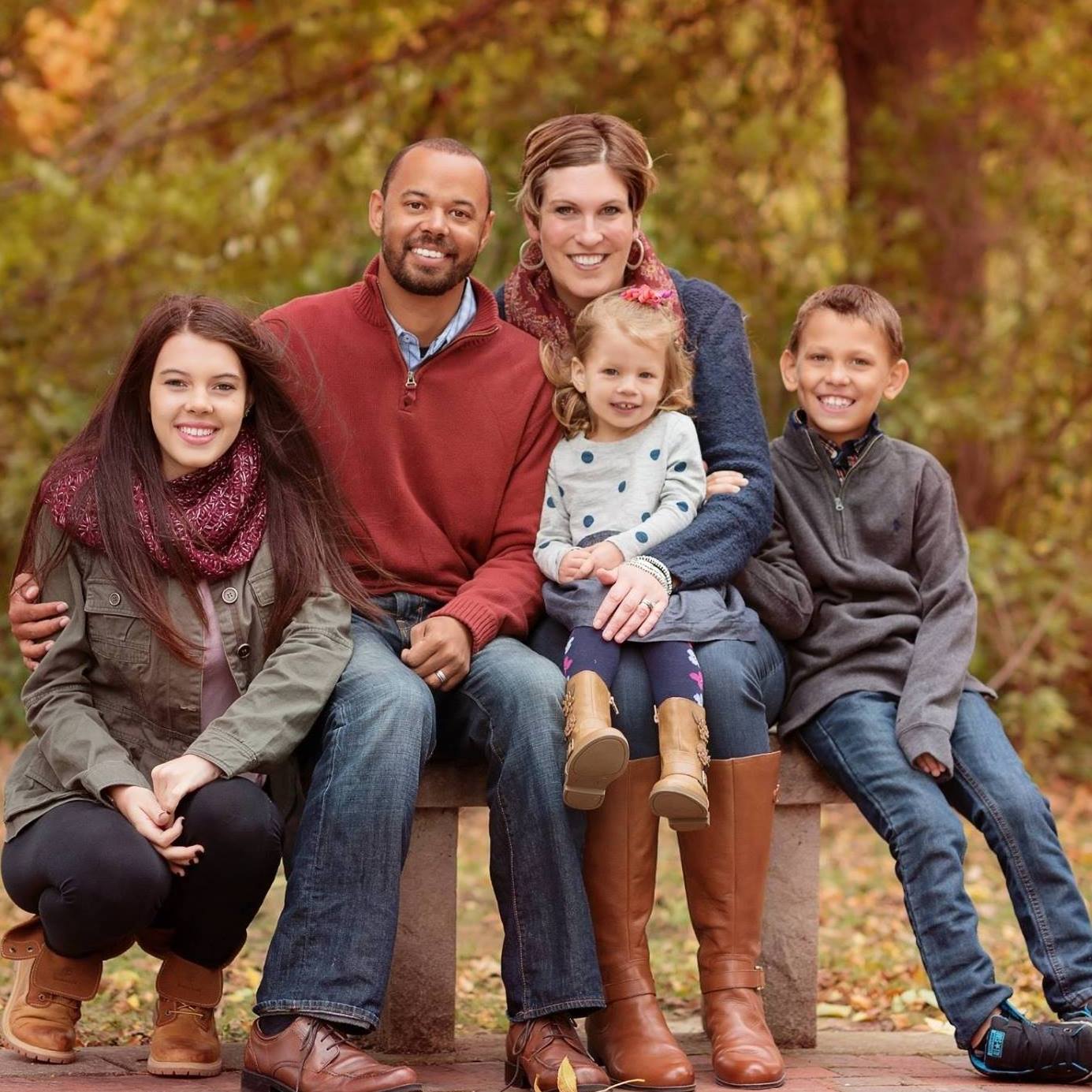
The worst moment of my life was in 2001, when I sat alone on my futon with a face consumed with tears and a decision to make. I was angry and hurt and felt broken and hopeless as I sat there, trying to convince myself not to kill myself.
I like to believe it was my mom who reminded me in that moment of my daughter, then 3 years old, and how much I loved being her dad. When she entered my mind, I knew I couldn’t do to her what my mom had done to me. That was 16 years ago, and I haven’t held a gun since. Nor should I.
Each year on June 25, my mom’s birthday, then again on Sept. 8, the day she killed herself, I think about what I almost robbed my kids of. And I think about how the story of her life, and her death, show how access to a gun can create a lethal environment for someone who’s struggling. She had tried to kill herself twice before; the last time, she got a gun — a gift from her father, for “self protection.” Pills or poisoning have less than a 2% lethality rate when used with suicidal intentions — guns raise the rate to over 80%. Each day in this country, 58 people die by gun suicide, and nearly two in three gun deaths in the U.S. are suicides. By keeping guns out of the hands of loved ones who pose a significant danger to themselves, we can buy them time to get the help they need.
My mother, like far too many others, was debilitated by depression. Depression made her think the world, my world, would be better off without her. At the young age of 27, with a 20-month-old child, she couldn’t have been more wrong. I wish someone would’ve stepped in and gotten her the help she so desperately needed — the kind of help I’m grateful to have myself. No matter how dark my own thoughts may get, I owe it to my kids, to my wife and to myself to struggle through every second of my own depression so I can emerge a stronger person. I will break the cycle.
Now 18, my daughter is a first-year in college. I wish her grandmother had been around to help move her into the dorms, and to have those intimate conversations about life’s difficulties that bond grandchild to grandparent. But as my daughter goes through the ups and downs of college, a daunting and exhilarating experience, I’m grateful she’ll always know her dad is just a phone call away.
Khary Penebaker is the Wisconsin Survivor Fellow for the Everytown Survivor Network and a volunteer with the Wisconsin chapter of Moms Demand Action for Gun Sense in America.
The National Suicide Prevention Lifeline is a national network of local crisis centers that provides free and confidential emotional support to people in suicidal crisis or emotional distress 24 hours a day, 7 days a week. Visit the National Suicide Prevention Lifeline or call 1-800-273-TALK (8255). Text HOME to 741741 from anywhere in the U.S., anytime, about any type of crisis.
More Must-Reads From TIME
- The 100 Most Influential People of 2024
- Coco Gauff Is Playing for Herself Now
- Scenes From Pro-Palestinian Encampments Across U.S. Universities
- 6 Compliments That Land Every Time
- If You're Dating Right Now , You're Brave: Column
- The AI That Could Heal a Divided Internet
- Fallout Is a Brilliant Model for the Future of Video Game Adaptations
- Want Weekly Recs on What to Watch, Read, and More? Sign Up for Worth Your Time
Contact us at letters@time.com